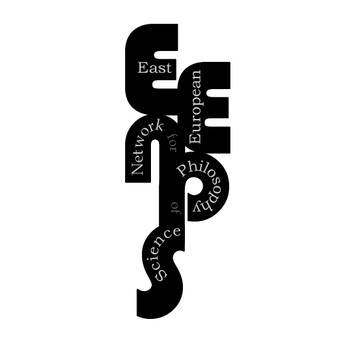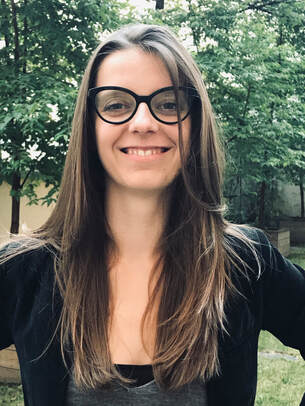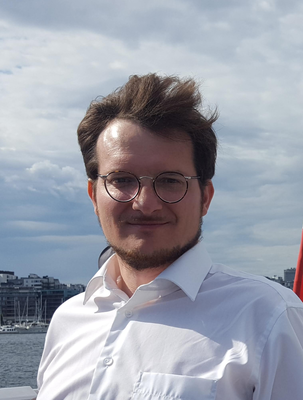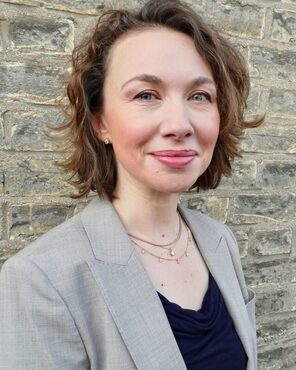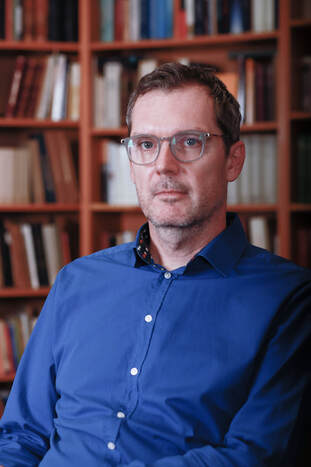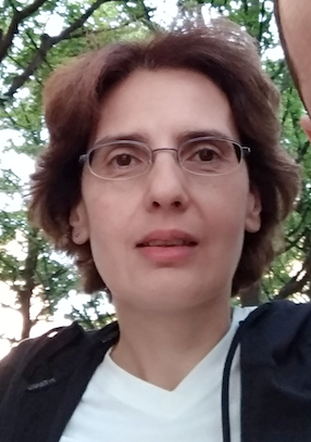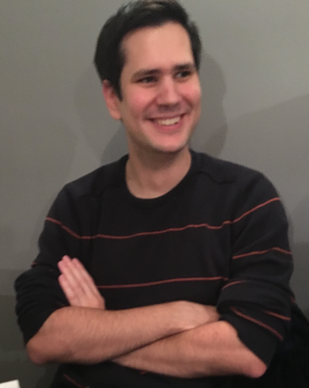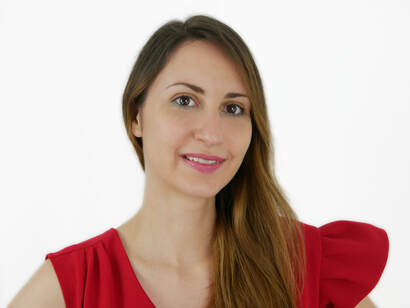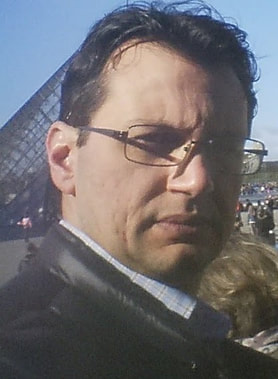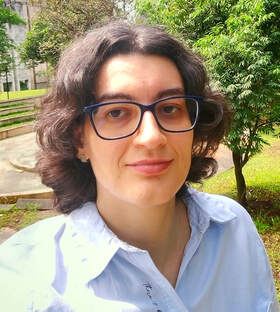Regional network for philosophers of science
|
Goals and activities
|
The aim of the East European Network for Philosophy of Science is to provide a forum for collaboration among philosophers of science through regular meetings, invitation and exchange of visitors, and funding for participation at various international events.
Bridging science and philosophy
Equally important is the effort to engage and promote stronger connections between departments of sciences and philosophy departments within the Network.
|
Regional collaboration
Activities in the Network serve to promote new and lasting research collaboration among philosophers of science in the region and with international partners, to promote participation of philosophers of science from this region in important international conferences, and support research processes that can lead to high quality, ambitious and socially relevant scholarly outcomes.
Educating
One of Network’s aims is promoting the philosophy of science among students, particularly of non-philosophical departments, via educational activities. The Network encourages students to take part in the seminars and it will organize lectures and other educational activities, like summer schools, within the scope of philosophy of science and related areas.
|
Join us!
New members can join the network by filling out the application form or by sending an email to the address [email protected] with the following information: Name, title, institutional affiliation, and e-mail address.
Follow our activies
Steering committee (since 2022)
|
Magdalena Małecka
Magdalena Małecka is an Assistant Professor at Aarhus University (Aarhus Institute for Advanced Studies) and a Docent at the University of Helsinki. She has also undertaken research at Institute for Advanced Study in Princeton, Stanford University, Columbia University, Central European University, European University Institute, University of California, Berkeley. Magdalena combines insights from feminist philosophy of science, history of economic thought, STS, and political economy to develop her philosophical perspective on modern economics. She has contributed to discussions in philosophy of science concerning behavioural public policy & behavioural economics, decision theory, values in economics and in behavioural science, economics imperialism, law&economics. Her recent research focuses on the ways in which computer has transformed modern economics and on the philosophical implications of this transformation. She obtained PhD in philosophy from the Institute of Philosophy and Sociology of the Polish Academy of Sciences in Warsaw. |
|
Michal Hladky
Michal Hladky is a PhD student at the Department of Philosophy at the University of Geneva, under the supervision of Professor Marcel Weber, with research focus on the ontology and the epistemology of scientific models and simulations. Through reconstruction of in silico experiments used in neurosciences and by applying the notions and results of Model theory, he aims to clarify the notions of simulations and experiments and to compare their epistemic powers. His research at the University of Geneva was funded by the Swiss National Science Foundation (SNSF) with a subsequent SNSF Doc.Mobility grant allowing him to visit the Munich Center for Mathematical Philosophy (MCMP), with Professor Stephan Hartmann and the Centre for Philosophy of Natural and Social Science at the London School of Economics, with Professor Roman Frigg. For the EENPS, he co-organised the ic.SoAP/EENPS student satellite event of the biannual conference in Belgrade (2021) and he coordinates the EENPS-Ukraine working group. |
|
Anna Alexandrova
Anna Alexandrova is a Professor in Philosophy of Science at the University of Cambridge and a fellow of King’s College Cambridge. She researches ways in which scientists deploy formal tools such as models and indicators to navigate complex epistemic problems tinged with ethical and political dimensions. Her book A Philosophy for the Science of Wellbeing came out with Oxford University Press in 2017 and is the winner of the 2021 Joseph B. Gittler Award from the American Philosophical Association. She previously taught at the University of Missouri St Louis and completed her PhD at the University of California San Diego. |
|
Tomáš Marvan
Head of the Department of Analytic Philosophy, Institute of Philosophy, Czech Academy of Sciences, Prague, Czech Republic I am a philosopher of mind working at the intersection of philosophy, neuroscience and psychology. I work on the nature and material realization of qualitative mental states, and the differences between conscious and unconscious perceptual processing. I have also published on conceptual relativism, ontological realism, and free will. I wrote three books and numerous papers. The papers appeared in journals such as Consciousness and Cognition, Neuroscience of Consciousness or Frontiers in Psychology. I have (co-)organized a number of workshops and conferences of various sizes; the biggest was the 16th International Congress for Logic, Methodology, Philosophy of Science and Technology which took place in Prague in the summer of 2019. I coordinate the Czech node of the European Philosophy of Language and Mind Network (PLM) and serve on various national and international committees. I am a deputy editor of the journal Organon F. I collaborate with various Czech universities, mainly on doctoral-level training and supervision. |
|
Maria Panagiotatou
Maria holds a Physics degree (1995) from the National and Kapodistrian University of Athens and an MSc in History and Philosophy of Science and Technology from the National Technical University of Athens (funded by an NTUA scholarship). In 2011 she completed her PhD in philosophy of physics with a dissertation titled: “Looking into the possibility of a realist approach of quantum physics - old and new myths”. From August 2012 to September 2015, Maria was a post-doctoral researcher in Thalis program “Aspects and Prospects of Realism in the Philosophy of Science and Mathematics”, whose principal investigator was Professor Stathis Psillos. From 2016 to 2017 she taught general philosophy of science at the University of Patras and from 2018 to 2020 philosophy of physics at the National Technical University of Athens, Greece. Since 2019 she is an Associate Editor of the journal International Studies in the Philosophy of Science, together with Professor Vasso Kindi (Editor in Chief) and Professor Miles Macleod (Associate Editor). |
|
Martin Zach
Martin is based in Prague (Czech Republic) at the Czech Academy of Sciences and Charles University. He works on the philosophical aspects of scientific modeling in the context of the life sciences, with a particular focus on immunological research. He was a visiting researcher at the ImmunoConcEpT lab in Bordeaux, the University of Helsinki and the London School of Economics. |
|
Vlasta Sikimić
Vlasta is a research fellow at the Carl Friedrich von Weizsäcker Center for Foundational Research of the University of Tübingen. Previously, she was a researcher at the Institute for Philosophy of the Faculty of Philosophy, University of Belgrade and an associate member of the Laboratory for Experimental Psychology at the same faculty. Her research focuses on formal and empirical philosophy of science, responsible science policy, and logic. Specifically, she works on data-driven and formal approaches to optimization of scientific reasoning. Her empirical research includes qualitative interviews and quantitative surveys with scientists with the goal of understanding both the existential and epistemic challenges they are facing. |
|
Sorin Bangu
Sorin Bangu is a Professor in the Department of Philosophy, University of Bergen, Norway. He is originally from Bucharest, Romania, where he studied mathematics and philosophy. He has a PhD in Philosophy from Univeristy of Toronto. His main area of competence is contemporary philosophy of science, rather broadly understood. Most of his work is in philosophy of mathematics and philosophy of physics, and very often addresses issues at their boundary. He also ventures into metaphysics and epistemology (when scientifically relevant), philosophy of logic and history of science and mathematics. He has longstanding interests in the history of analytic philosophy, in Quine and especially later Wittgenstein. |
|
Elena Popa
Elena Popa is forthcoming postdoctoral fellow at Jagiellonian University, Krakow, working on the project ‘Values, Trust, and Decision Making in Public Health’, under a Marie Skłodowska-Curie COFUND grant by the European Commission and the Polish National Science Center. She has previously taught philosophy at several universities in Asia. She holds a PhD from Central European University, and had visiting fellowships at University College London and Tilburg University. Her areas of specialization are general philosophy of science, philosophy of psychology, and philosophy of medicine. Her research focuses on interventionist theories of causation and causal inference, values in science, with special emphasis on cultural and social issues in medicine, and the philosophy of AI. Her work has been published in journals such as Synthese, Studies in History and Philosophy of Science: Part C, and Philosophy & Technology. |
|
Joanna Karolina Malinowska
I have a PhD in Philosophy awarded in 2017 by Adam Mickiewicz University in Poznan, Poland, where I currently work as assistant professor. The subject of my research is a broadly understood philosophy of science, with particular emphasis on philosophy of medicine, philosophy of neurosciences and philosophy of psychology. I explore connections between these areas and questions in bioethics, epistemology, ontology, and methodology. My current focus is on the conceptualisation and use of ethnoracial categories in medicine. |
